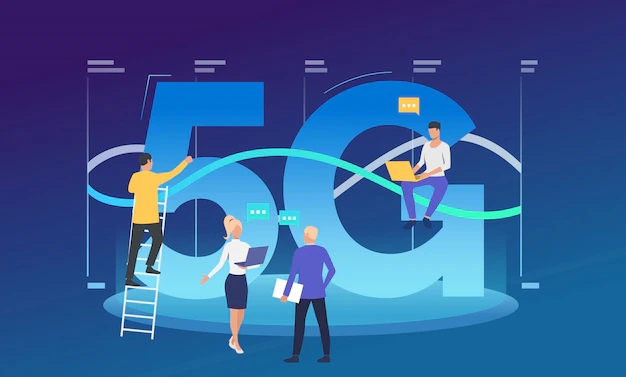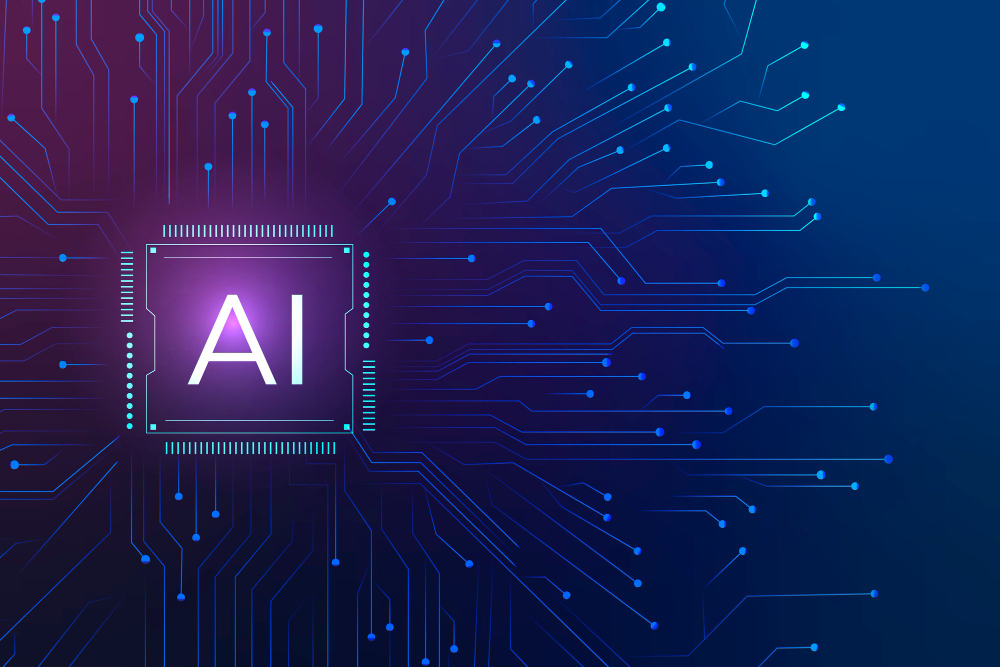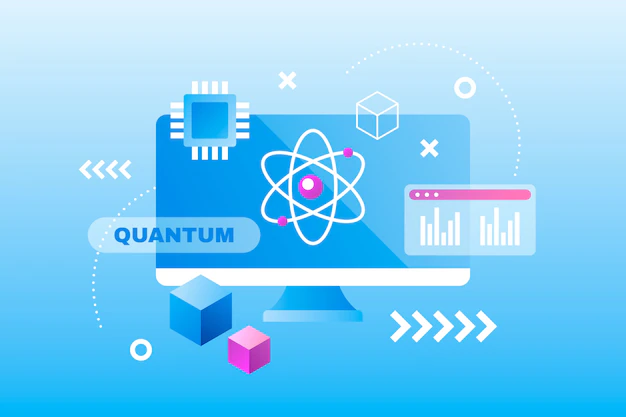Introduction:
The rollout of 5G technology is set to be one of the most groundbreaking advancements in the tech world. As the next generation of wireless networks, 5G promises to significantly improve internet speed, connectivity, and overall user experience. With its enhanced capabilities, 5G is expected to transform various industries, including healthcare, entertainment, and manufacturing. In this blog post, we’ll dive deep into how 5G technology will revolutionize the internet and the world at large.
What is 5G Technology?
5G is the fifth generation of mobile network technology, succeeding 4G. It promises to deliver faster speeds, lower latency, and greater capacity for connecting more devices. Unlike previous generations, 5G will enable ultra-fast, reliable, and efficient internet connectivity, ushering in a new era of innovation and digital transformation.
1. Lightning-Fast Internet Speeds: The Next Level of Connectivity
One of the most exciting features of 5G is its incredible speed. While 4G networks offer download speeds of around 100 Mbps, 5G technology can theoretically reach speeds of up to 10 Gbps — that’s 100 times faster than current 4G speeds!
What’s Next?
- Instant Downloads: 5G will allow users to download entire movies, large files, and games in mere seconds, without buffering or interruptions.
- Enhanced Streaming: Expect seamless streaming of 4K and even 8K video content without any lag, providing an unmatched entertainment experience.
2. Reduced Latency: Real-Time Communication and Instant Response
Latency refers to the delay between sending and receiving data. With 5G, latency is expected to drop significantly, from around 30-50 milliseconds in 4G networks to as low as 1 millisecond in 5G.
What’s Next?
- Real-Time Communication: Gamers and video call users will experience near-instantaneous communication, leading to smoother, more immersive interactions.
- Advanced Remote Control: Applications like autonomous vehicles and remote surgeries will benefit from ultra-low latency, making real-time decision-making faster and more reliable.
3. Massive Connectivity: The Internet of Things (IoT) Revolution
5G technology will enable massive connectivity, supporting a significantly higher number of devices per square kilometer. This is crucial for the growing Internet of Things (IoT) ecosystem, where everyday objects are connected to the internet and communicate with each other.
What’s Next?
- Smart Cities: 5G will enable the creation of smart cities, where traffic systems, energy management, and public services are optimized using interconnected IoT devices.
- Connected Devices: Expect a massive increase in the number of connected devices, from smart home gadgets to wearables, all benefiting from 5G’s fast and reliable connections.
4. Enhanced Mobile Experiences: Virtual Reality (VR) and Augmented Reality (AR)
With its low latency and high speeds, 5G will provide the necessary bandwidth for mobile devices to fully experience augmented reality (AR) and virtual reality (VR) applications.
What’s Next?
- Immersive Gaming: Mobile gamers will enjoy lag-free, high-quality gaming experiences on their devices, with the ability to interact in real-time in VR environments.
- AR for Shopping and Education: Retailers will leverage AR for virtual product try-ons, and educational institutions will use AR for immersive learning experiences, all enhanced by 5G speeds.
5. Advancements in Healthcare: Telemedicine and Remote Monitoring
5G will have a significant impact on the healthcare industry, enabling real-time data sharing, telemedicine, and remote patient monitoring. Healthcare providers will be able to deliver high-quality care to patients regardless of their location.
What’s Next?
- Remote Surgery: Surgeons can perform operations remotely with the help of robotics and 5G-powered devices, offering life-saving procedures to patients in distant locations.
- Wearable Health Devices: 5G will support real-time monitoring of patients’ health through wearable devices, allowing doctors to track vital signs and detect issues before they become serious.
6. The Impact on Businesses: New Opportunities and Enhanced Productivity
5G will drive digital transformation across industries, providing businesses with opportunities to improve efficiency, productivity, and customer engagement. Companies will have access to faster, more reliable networks to run mission-critical operations and collaborate globally.
What’s Next?
- Automation and AI Integration: Businesses will adopt AI-driven solutions that rely on 5G’s fast speeds and low latency to make decisions and automate operations in real-time.
- Collaborative Workspaces: Remote teams will benefit from faster communication and collaboration tools, enabling them to work seamlessly across the globe.
7. How 5G Will Transform the Future of Work
The introduction of 5G will reshape how we work, providing professionals with faster, more reliable tools for communication, collaboration, and productivity.
What’s Next?
- Flexible Working Models: With 5G, workers will enjoy a seamless transition between remote and in-office work, with faster video conferencing, real-time data sharing, and enhanced productivity tools.
- Smarter Workplaces: Businesses will leverage 5G-powered IoT devices to create smarter, more efficient workplaces that optimize resources and energy use.
Conclusion:
5G technology is set to revolutionize the internet by providing faster speeds, lower latency, and massive connectivity. From transforming entertainment and gaming to enabling breakthroughs in healthcare and business, 5G’s impact will be felt across every industry. As more devices and networks transition to 5G, the way we live, work, and interact with technology will change in ways we’ve never imagined.
Are you excited about the future of 5G technology? Stay tuned for more updates, as the 5G revolution is just beginning!


